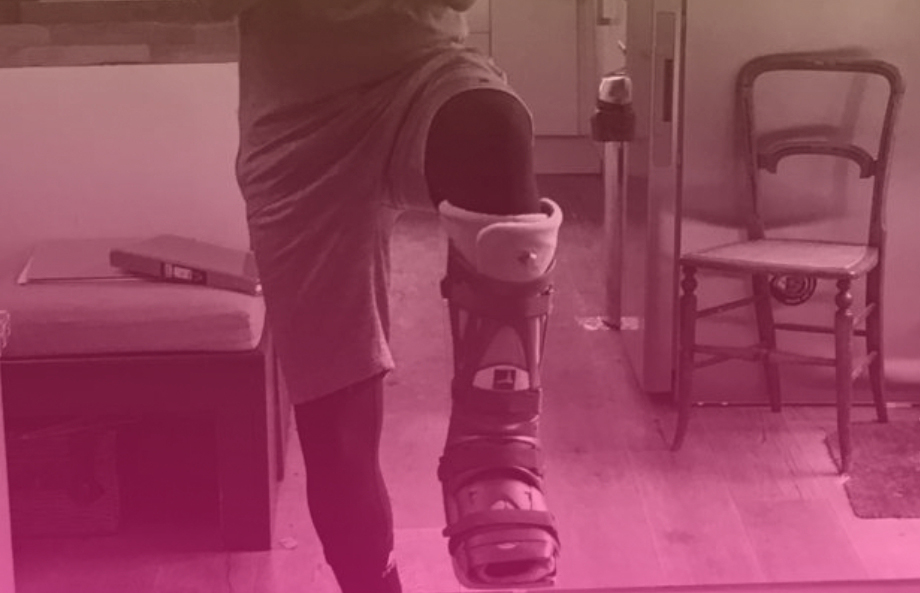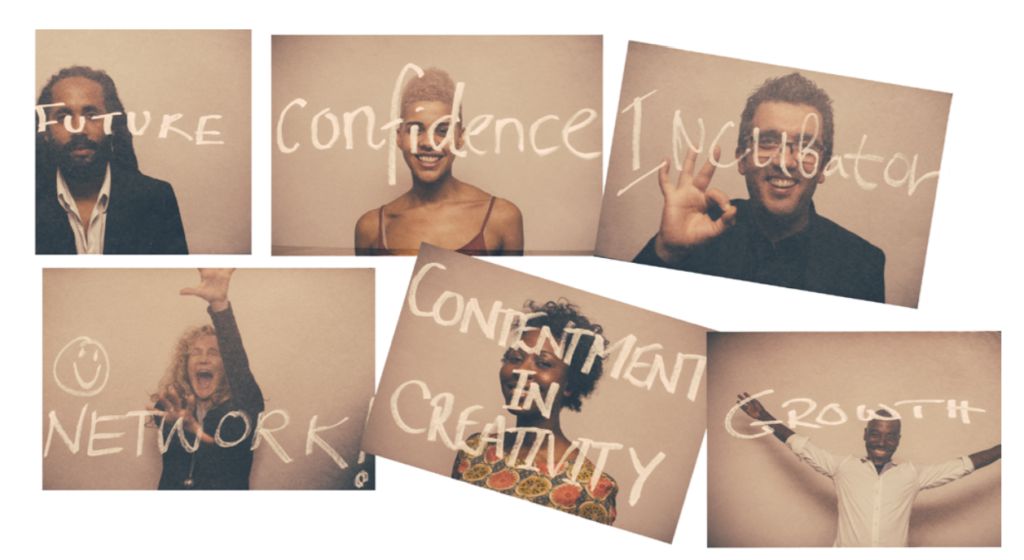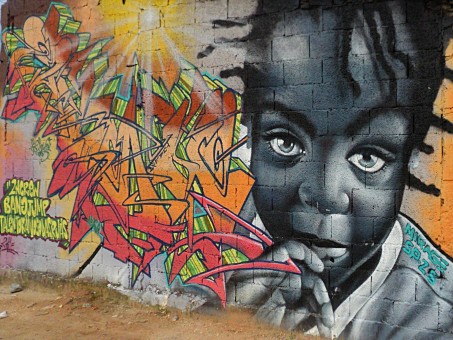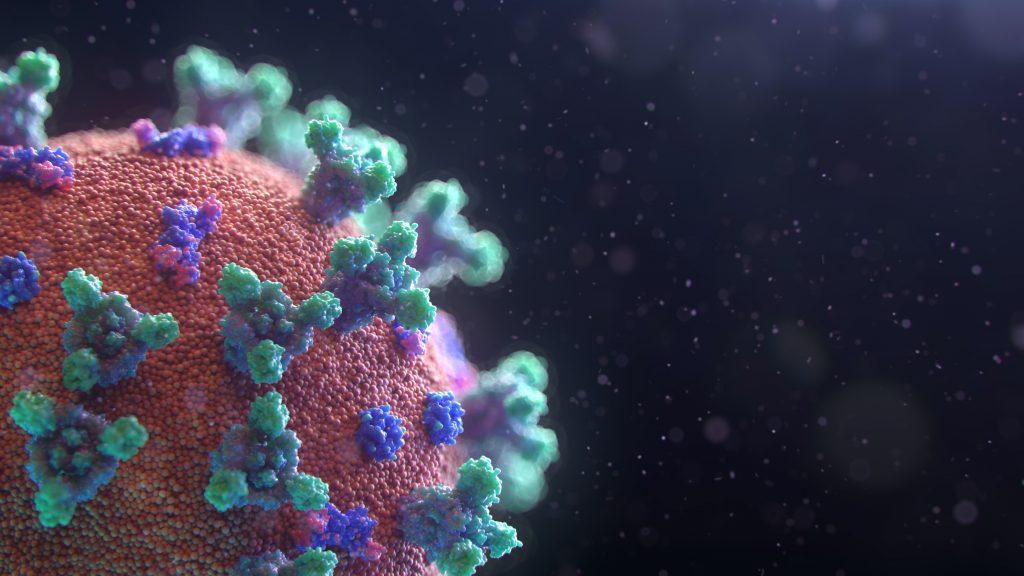
The Miseducation of a Generation* (article)
The need for separate education of black children
Understanding the nature of racism, and minimising its impact, has been my life’s work. Possibly this is why I have been less shocked than others about the murder of George Floyd. Having tracked the deaths of mainly black boys owing to gang violence in the UK over the last 15 years, I am more focused on the connection between the education system, criminality, and the death of young black men, both at the hands of the police and, more tragically, at the hands of their peers.
From the earliest age our education system can silently stifle the aspirations of black children and often discounts their most positive attributes, squashing authenticity in the process. We are unlikely ever to see a viral video of a teacher, who in the privacy of a classroom, mindlessly crushes a dream with invisible acts of ignorance, dishonour and humiliation. There is no prospect of disciplining the teacher. There will be no social media storms about miseducation perpetrated by some teachers and yet these acts have ripple effects on our community over many generations. Equal – and I’d say related– to the brutal violence perpetrated by our criminal justice system.
In a blog last year (August 2019) I describe how a teacher tried to thwart my aspirations at school and the effect it had on my self-esteem.
My English teacher humiliated me in front of the class on a weekly basis by making me read out loud (or more like stumble through) the Mayor of Casterbridge, Lark Rise and Romeo and Juliet – even though he knew I was dyslexic, or worse still, that I couldn’t read properly.
Despite the mixed messages and difficulties at school, I put everything into studying and eventually ended up with the equivalent of five GCSE’s, which on the face of it wasn’t that bad. But they were all grade ‘C’ and given how hard I’d worked I felt ashamed. These average grades confirmed what I already suspected, that as a black child I inherently lacked the intelligence to do better.
The miseducation was not only of me. Twenty-nine classmates witnessed my humiliation over two years. What implicit messages might they have taken away from this experience? Over their career a single teacher like mine will teach a thousand students. For the sake of argument, let’s say 12.5% of teachers hold racist views. This amounts to over 62,500 racist teachers in our primary and secondary schools today.** Sixty-two and a half thousand teachers who will shape the thinking of a new generation of political leaders, judges, lawyers, police, doctors, and teachers. They therefore shape the cultures within these institutions and wider society.
When my 12-year-old daughter read the August blog rushed out of the room and came back a minute later with a piece of homework she’d been given.*** The task was to fill out a table listing both the positives and negatives of colonialism. If you are struggling to understand why this is an issue, then consider the appropriateness of the same table being used to teach pre-teens about sexism, homophobia, or anti-Semitism.
These assaults on the integrity of black children are insidious. They are psychological blows which are felt in the soul, embedded in the mind and feed a sense of inferiority that can last more than a lifetime, as it trickles down to the next generation. I have seen the impacts of poor teaching play out (albeit with different outcomes) in those who have achieved career success (as I have) and those who have ended up in prison, as a friend did.****
The four officers involved in the George Floyd murder should be prosecuted, but we cannot leave it there. Ultimately, we cannot legislate our way out of racism. Dealing with immediate issues of justice is part of the process, but we will only defeat racism by also making the education system fit for purpose. To fight racism, we need to educate differently by changing the school curriculum for everyone, and by training our teachers properly about how racism manifests itself, even in the most politically correct of us. While we work for that change, we should create more educational opportunities designed by experts for BAME children outside of the mainstream system. We must give black children a level of defence against the institutionalised racism in our education system through a positive sense of identity; and prevent the miseducation of yet another generation.
* Title based on ‘The Mis-Education of the Negro’, originally published in 1933 by Dr. Carter G. Woodson
**There are currently 506,400 full-time teachers in the UK. 216,500 work in primary schools, 208,300 work in secondary schools, 61,500 work in independent schools and 16,700 work in special schools.28 Oct 2019. Key UK education statistics – BESA
***I wrote to the school who agreed not to teach the so-called positives of imperialism in future. To prevent this being taught in other schools I also wrote to my local MP who wrote to the Education Secretary. The response (from the Minister of State for School Standards) in a nutshell was that it is up to individual schools to decide how history is taught. See letter here.
**** I understand that the education system is not singularly responsible for negative outcomes faced by black people: the media, criminal justice system and health services also play a part. However, from an institutional perspective, I see the education system as being at the root and therefore the best starting point for systemic change.









